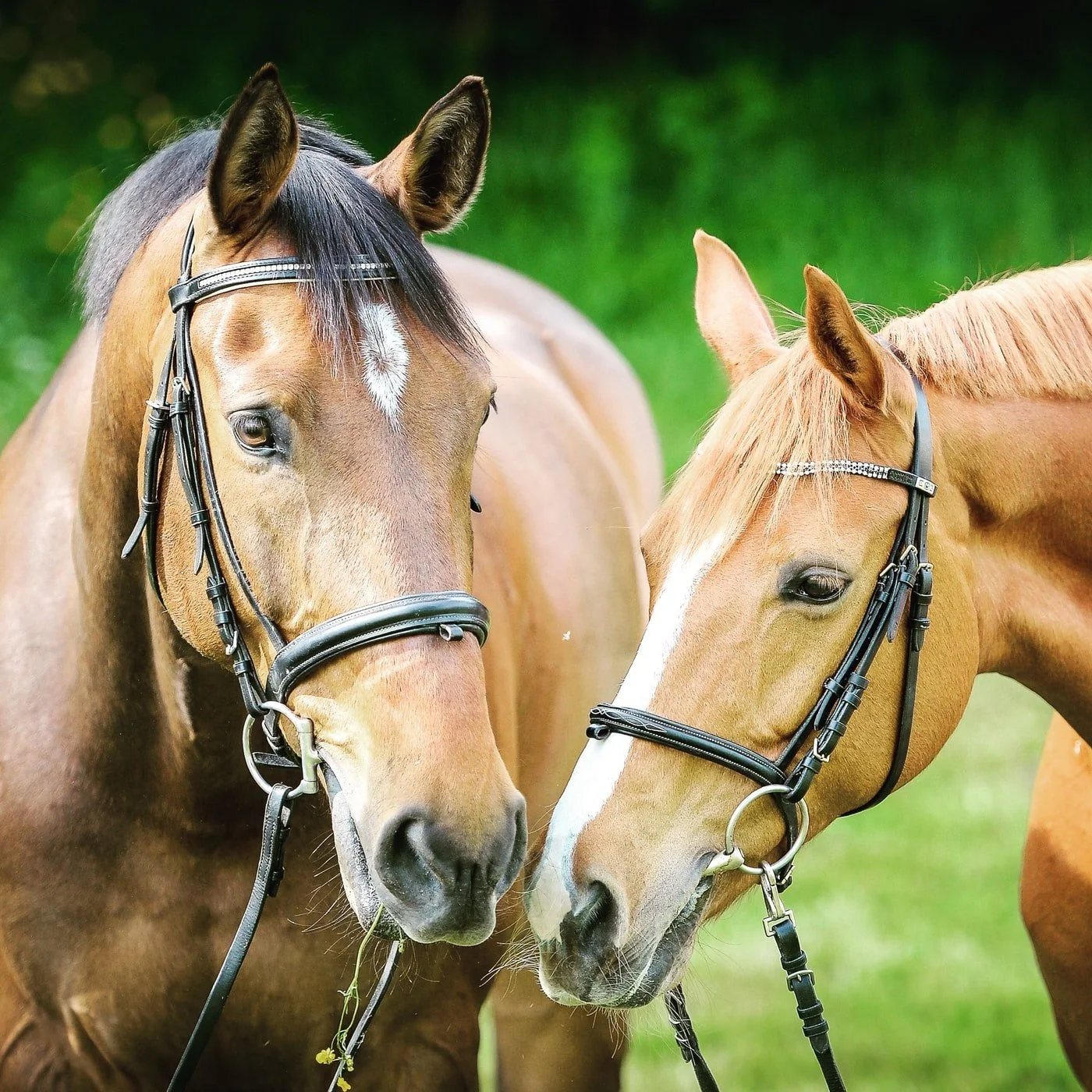Join the Resistance-to-Resistance! Learn what you can do to establish smart, sustainable de-worming protocols on your farm or ranch. It’s easy. And important.
Read MoreThe 80/20 Rule and what you need to know.
Read MoreJoin the fight against Parasite Resistance! Learn the risks of blanket deworming and do your part.
Read More“Internal parasites are arguably the most important aspect of small ruminant production”
Read MoreAre you still using “….protocols that were developed more than four decades ago…..” ? Get up to speed with Eggzamin Testing Kits.
Read More"A great product. The horse world has needed this for years."
Read More“Thank you Eggzamin! I am grateful for your product and service. Its because of the parasite test and procedure you've created, I can be mindful of the environment and my horse's condition without deworming!!! Would love to hear how you got inspired, your story must be fascinating.”
Read MoreOur specialized FEC test kits give you everything you need to conduct unlimited McMaster Fecal Egg Counts. The Eggzamin Microscope FEC test kits are designed to make the process quick and easy. We provide you with all the tools you need to make better choices for your horses.
Read MoreIntroduction: As horse owners, it is crucial to prioritize the health and well-being of our equine companions. Parasitic infections pose a significant threat to horses, affecting their overall health and performance. Understanding the main parasite threats and their impact on horse care is essential for effective parasite management. In this blog, we will explore the primary parasite to look for in horse care and discuss preventive measures to ensure the well-being of your beloved horses.
Read MoreTailoring Treatment Strategies: Different parasites require specific treatment approaches. Fecal testing provides valuable information about the types and levels of parasites present in your livestock. Armed with this knowledge, you can work with your veterinarian or animal health professional to develop tailored treatment strategies.
Read MoreParasite resistance is a growing concern among horse, sheep, goat, and llama owners and caretakers. Over time, parasites can develop resistance to commonly used dewormers, making them less effective in controlling infections. Fecal testing provides an invaluable tool for preventing parasite resistance and promoting the health of our horses, sheep, goats, and llamas. In this blog, we will explore the importance of fecal testing in preventing parasite resistance and discuss how it contributes to the overall well-being of these animals.
Read MoreDeciding when to wean your colt is an important consideration for horse owners. Weaning is a crucial milestone in a young horse's life and requires careful planning to ensure a smooth transition. In this blog, we will provide guidance on the best time to wean your colt, taking into account important factors such as age, development, and overall well-being.
Read MoreSustainable pasture management is essential for maintaining healthy and productive grazing land for livestock. By implementing sustainable practices, farmers and landowners can create a harmonious balance between agricultural productivity and environmental stewardship.
Read MoreDeworming a pregnant mare requires careful consideration and adherence to proper timing guidelines. By utilizing the Eggzamin Kit to assess the mare's parasite load and conducting an FECRT, you can effectively manage parasites and promote the health of both the mare and the developing foal. Following the recommended deworming schedule outlined in this guide will help ensure optimal parasite control during the various stages of pregnancy. Remember, a proactive approach to deworming and monitoring is essential for the well-being of your pregnant mare.
Read MoreBy understanding the factors influencing deworming frequency and implementing proper management practices, you can safeguard the health of your aging equine companion. Read on for a concise and definitive answer, along with the significance of parasite monitoring.
Read MoreThe FECRT is a vital weapon in the battle against internal parasite resistance in livestock. By evaluating treatment efficacy, monitoring parasite control, and detecting resistance, the FECRT allows you to make informed decisions about deworming strategies. Regular use of the FECRT helps preserve the effectiveness of deworming treatments, ensuring the health and productivity of your livestock. Embrace the FECRT as a primary tool in managing parasite resistance, and be proactive in your parasite control practices. By doing so, you can effectively combat internal parasite resistance and safeguard the well-being of your livestock.
Read MoreDeworming foals is a crucial aspect of equine care, and determining the right timing is essential. In this succinct and informative blog post, we provide a step-by-step guide to help you answer the question, "When do I deworm my foal?"
Read MoreUnlocking Accurate Quantification: Eggzamin's McMaster Method Microscope Slides incorporate a precisely calibrated grid pattern, ensuring precise quantification of microscopic organisms, including helminth parasite eggs. With consistent spacing and sizing of grid squares, accurate results are guaranteed, boosting the reliability of your research.
Read MoreInternal parasites pose a significant threat to the well-being of horses, impacting not only their physical health but also their behavior. Understanding the connection between internal parasites, health problems, and behavioral changes is crucial for identifying and addressing potential issues in equine companions. In this article, we explore how internal parasites can cause health and behavior problems in horses and shed light on the intricate relationship between the two.
Read MoreLearn about the FDA's response to parasite resistance and their decision to mandate prescriptions for deworming drugs in horses and livestock. Discover the importance of this regulatory change in preserving the effectiveness of dewormers and safeguarding animal health.
Read More



















